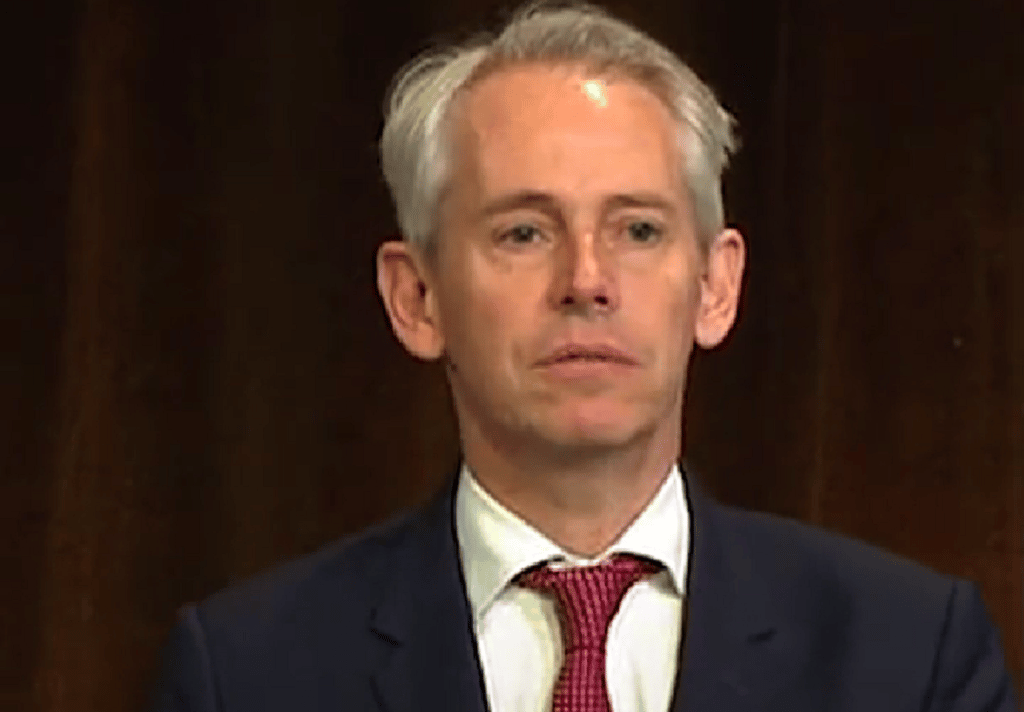Thousands of refugees in Australia who have endured years of uncertainty will be able to apply for permanent residency, with the federal government moving to end a decade of refugee “limbo”.
The government has announced it will provide a permanent visa pathway for those currently on Temporary Protection Visas (TPV) and Safe Haven Enterprise Visas (SHEV), who entered Australia prior to the ‘Operation Sovereign Borders’ policy being enacted in 2013. These people will be able to apply for a permanent resolution of status visa.
“There are thousands of TPV and SHEV holders in the community that have endured ten years of uncertainty due to the policies of the previous Liberal government,” Minister for Immigration, Andrew Giles said.
“TPV and SHEV holders work, pay taxes, start businesses, employ Australians and build lives in our communities- often in rural and regional areas. Without permanent visas however, they’ve been unable to get a loan to buy a house, build their businesses or pursue further education.”
“It makes no sense – economically or socially – to keep them in limbo.”
Around 19,000 people will be eligible to apply for permanent residency under the policy change, with those granted new visas getting the same rights as all other permanent residents.
Home Affairs Minister Clare O’Neil reinforced the government’s commitment to its Sovereign Borders Policy.
“Let me be crystal clear – if you try to enter Australia without a valid visa you will be turned back or returned to your port of origin. There is zero-chance of settling in Australia under Operation Sovereign Borders,” O’Neil said.
“The Australian Defence Force and Australian Border Force are patrolling our waters to intercept and return any boats that try to enter.”
Jana Favero, Director of Advocacy and Campaigns at the Asylum Seeker Resource Centre welcomed the news, saying the significance of the announcement could not be understated, but called for further information on another 12,000 people who have “been failed by or are still subjected to the ‘Fast Track’ process”.
“After 10 years of bravery and struggle, people seeking asylum and refugees have prevailed against an unjust system, they will now be able to rebuild their lives with the rights they were so long denied,” Favero said.
“I congratulate the Albanese Government for showing that after a decade of fear and division, it is ready to move on from the toxic politics of the past, and embrace positive practical policies, like the one announced. The significance of this announcement cannot be underestimated, we have tears of joy for all those who have been waiting for 10 years to have the permanency they deserve.’’f
“We are eagerly waiting for further information on how this process will be as efficient and caring as possible as well as a clear pathway for permanency for all people subjected to Fast Track, including those not on a TPV or SHEV.”
Betia Shakiba, a human rights advocate and a law student on a SHEV, said the announcement was life-changing.
“It is such a relief. This is going to change so much of my life, it is such a good feeling. This means we can start to build a future without this limbo, this visa status,” Shakiba said.
The announcement comes days after the government announced it would make it easier for refugees on permanent visas who came to Australia by boat to bring family members to Australia. The Refugee Council of Australia welcomed this news.
“For years, refugees have been denied accees to family reunion simply because of how they arrived in Australia to seek protection,” RCOA chief executive Paul Power said. “This policy has caused enormous stress and anxiety for thousands of people and has resulted in children growing up without ever knowing their parents.”


